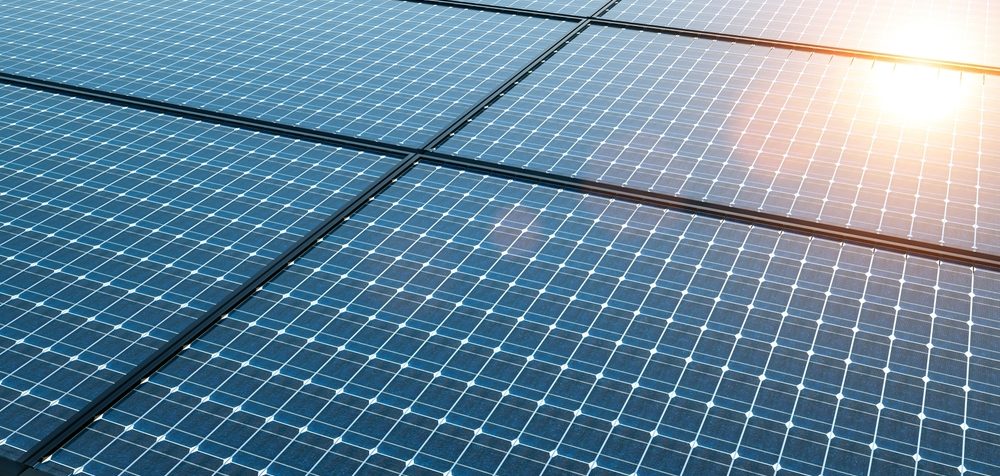
A team of researchers from the Korea Advanced Institute of Science and Technology (KAIST) has developed lightweight and highly efficient stretchable solar cells for energy generation in electronic gadgets and wearable devices. They state that it is the “world’s highest-performing stretchable organic solar cell.”
Stretchable solar cells are required to deliver high electrical performance as well as exhibit mechanical elasticity. Developing this technology has been challenging due to the trade-off between high efficiency and flexibility.
To design a conductive polymer material that meets both of these requirements, the team used chemical bonding to conjugate a highly stretchy polymer with an electrically conductive polymer possessing exceptional electrical properties. The result was a novel conductive polymer with the greatest recorded photovoltaic conversion efficiency for organic solar cells, and also a stretchability that is ten times that of conventional devices. This new polymer meets the highest reported level of photovoltaic conversion efficiency (19%) using organic solar cells, while also able to undergo an exceptional 40% stretch during operation, demonstrating its potential for integration into wearable devices.
“Through this research, we not only developed the world’s best performing stretchable organic solar cell, but it is also significant that we developed a new polymer that can be applicable as a base material for various electronic devices that need to be malleable and/or elastic,” said team lead Professor Bumjoon Kim, head of KAIST’s Department of Chemical and Biomolecular Engineering (CBE).
